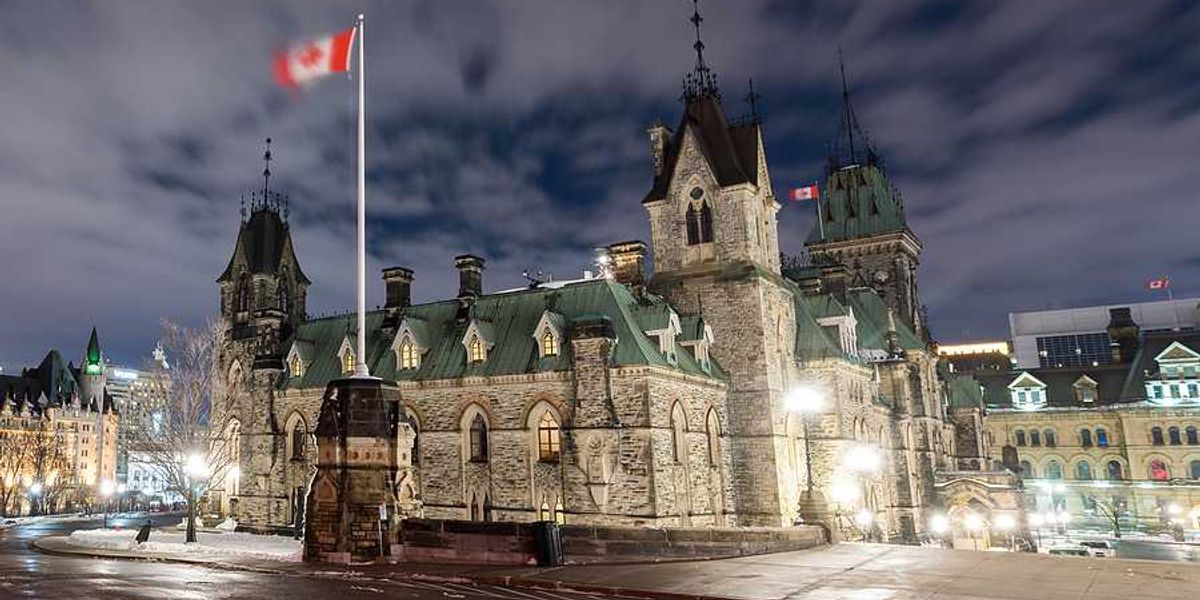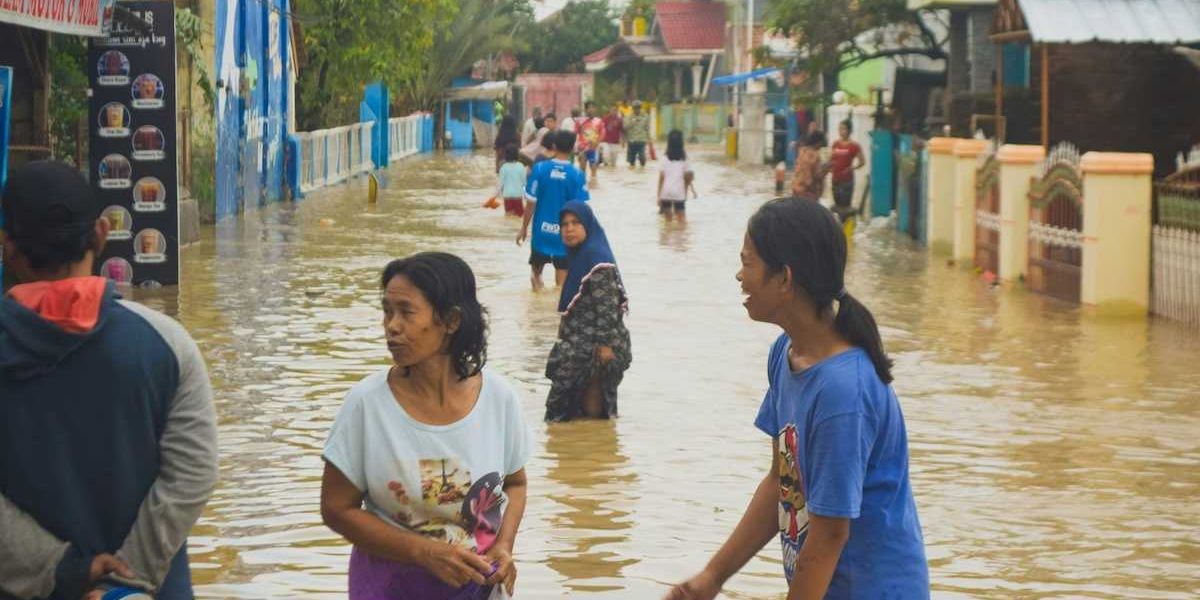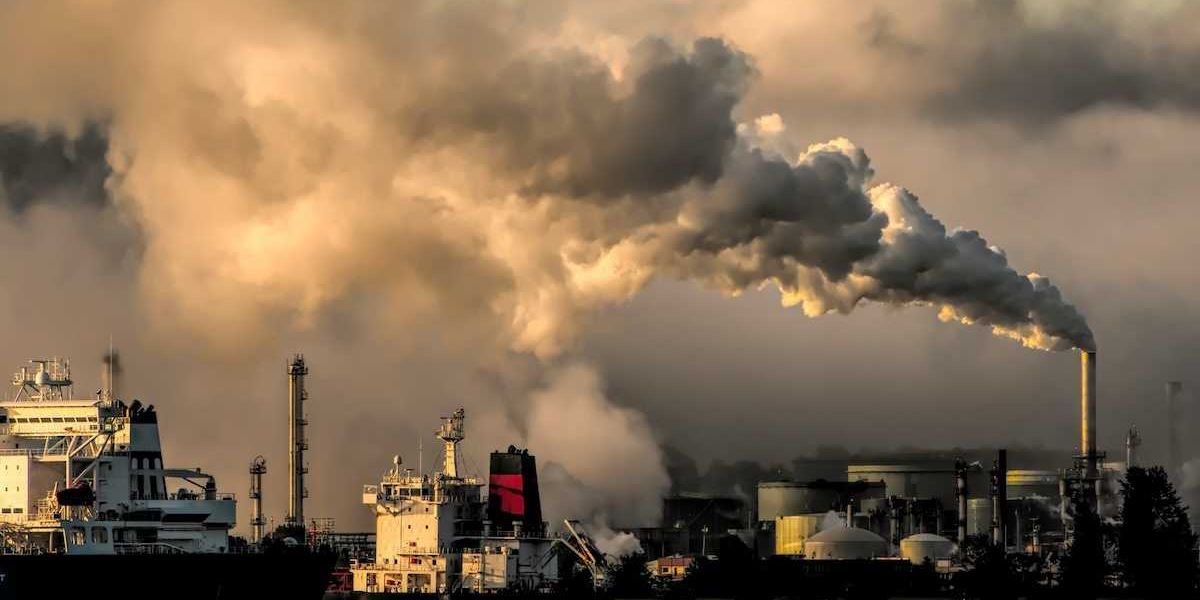NSF grant funding falls by half as Trump administration slashes science budgets
The National Science Foundation (NSF) has cut research grant funding to its lowest level in more than three decades, affecting nearly every scientific field and leaving thousands of researchers in limbo.
Aatish Bhatia, Irineo Cabreros, Asmaa Elkeurti and Ethan Singer report for The New York Times.
In short:
- As of May 21, NSF funding for new research grants is down 51% from the 10-year average, with dramatic cuts across fields including education, math, engineering, and biology.
- The Trump administration has also canceled more than 1,600 active NSF grants, worth about $1.5 billion, mainly targeting STEM education and diversity initiatives.
- Agency staff describe a chaotic internal environment, with ongoing layoffs, stalled funding decisions, and politically driven reshuffling of priorities.
Key quote:
“These cuts are the height of self-inflicted harm.”
— Robert Atkinson, president of the Information Technology and Innovation Foundation
Why this matters:
The National Science Foundation plays a critical role in fueling American innovation. It funds not only breakthrough research but also the education and training of future scientists, engineers and technologists. Cutting NSF funding by half severs the pipeline that brings new ideas into the real world — from advances in clean energy and biotechnology to AI and medical breakthroughs. This year, entire fields like graduate education and diversity in STEM are nearly wiped from NSF's budget. That means fewer research jobs, fewer discoveries, and fewer students from underrepresented backgrounds joining science and tech. At the same time, research into pressing problems like climate change, environmental health, and disease detection has stalled.
NSF-funded basic research has historically led to widely adopted innovations, from GPS and the internet to MRI machines and weather satellites. Without that foundation, private industry has little to build on. As the U.S. pares back, other nation — particularly China — are ramping up public investment in science. These cuts could reverberate far beyond university labs, undermining public health, environmental resilience and economic competitiveness.
Read more: Scientists scramble to save climate and health data as government deletions escalate













